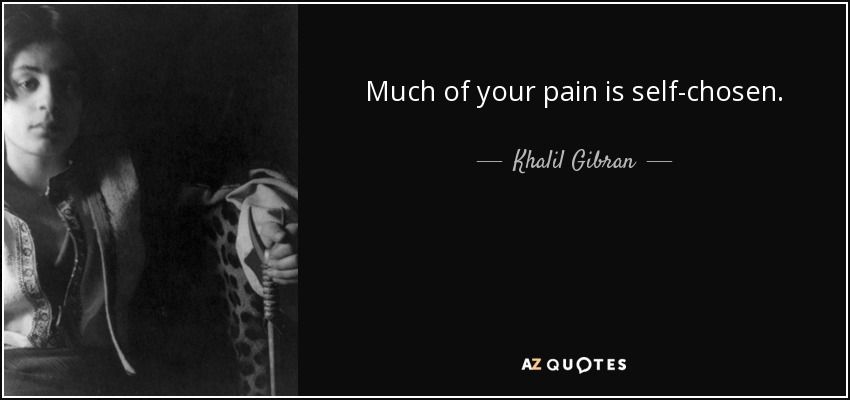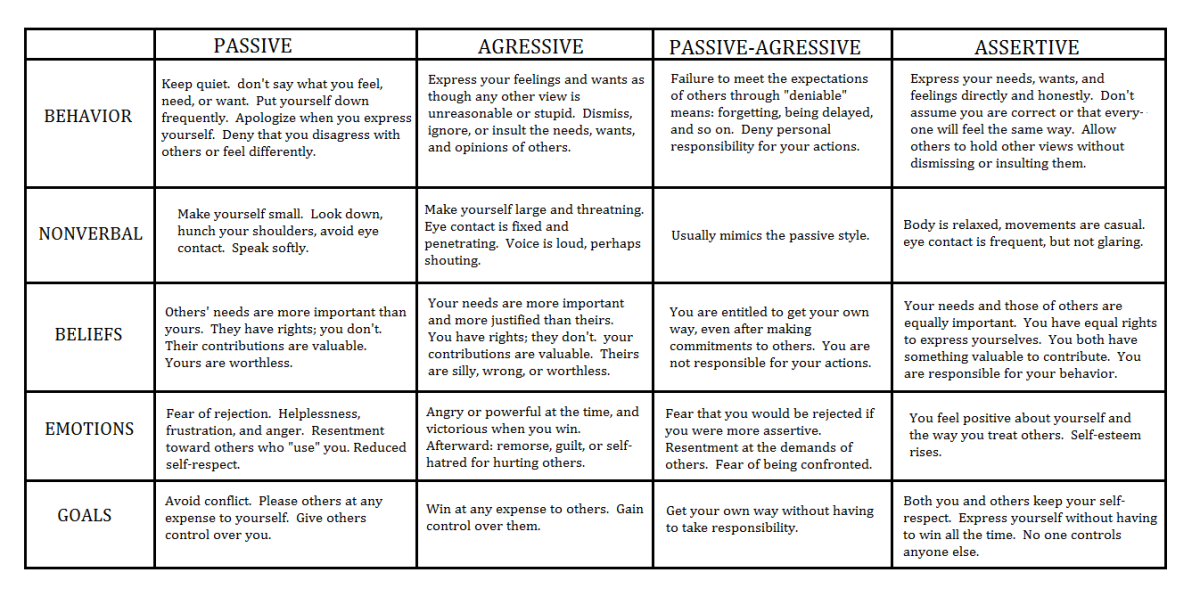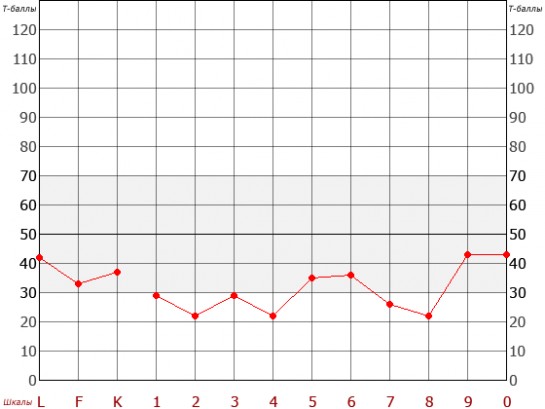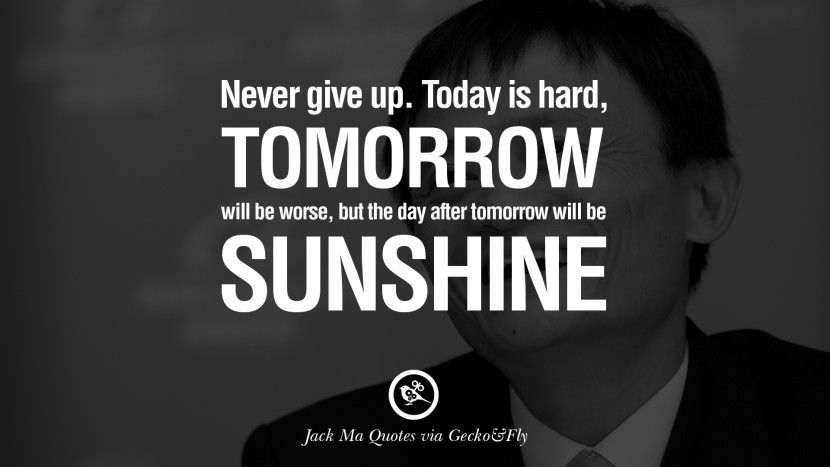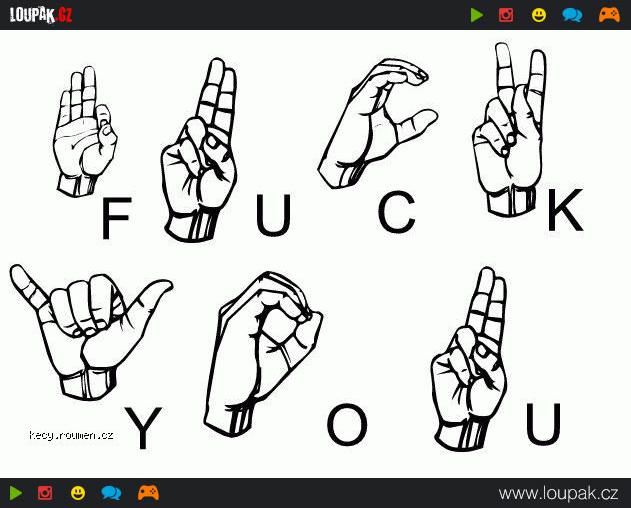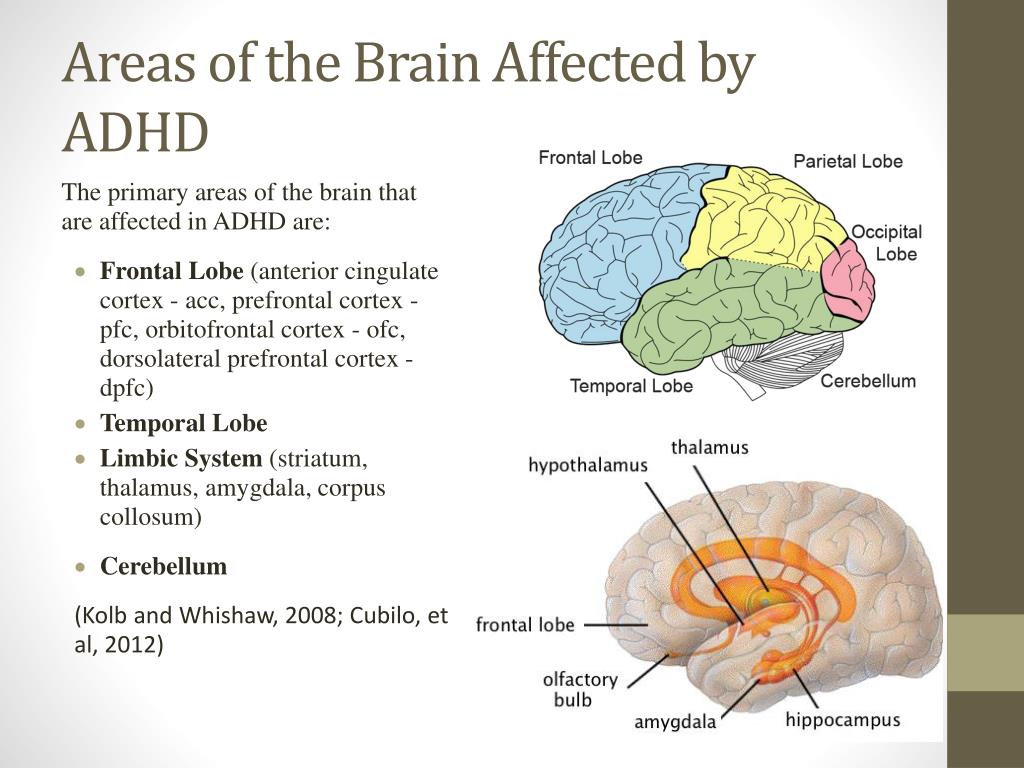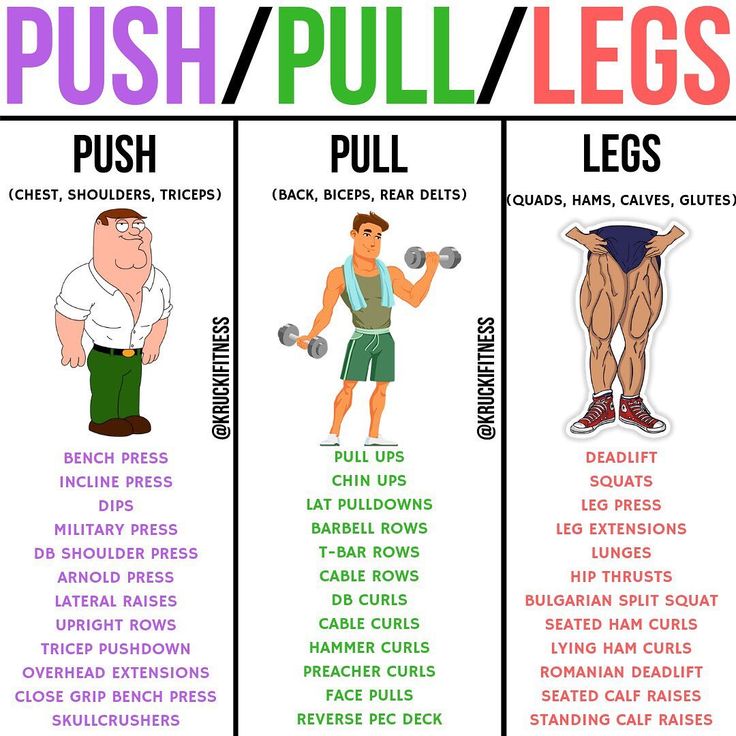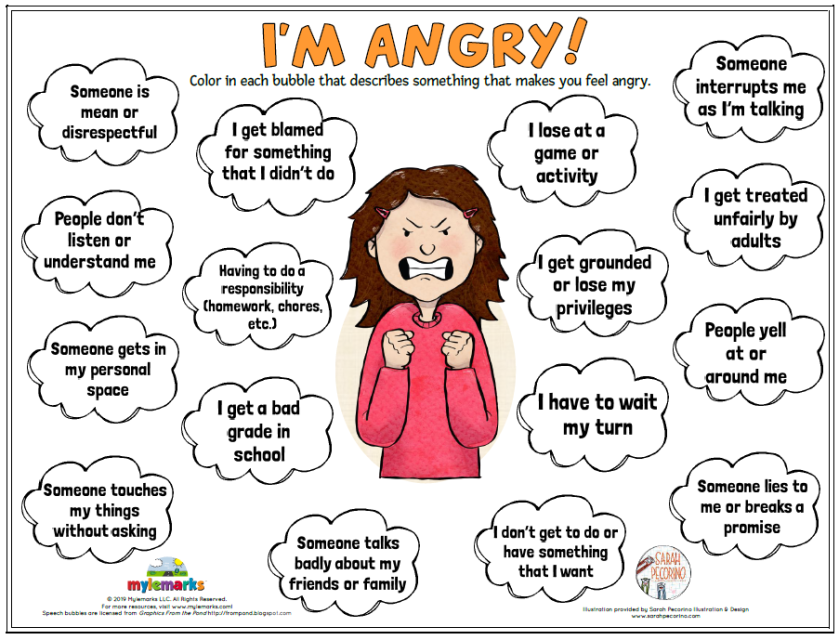What does it mean to lose your teeth in a dream
Why You Dream About Your Teeth Falling Out
Have you ever dreamt about your teeth falling out? Perhaps you’ve even had this dream more than once. It’s reasonable to feel a little disturbed after such a dream. You might wake up wondering if there’s a deeper meaning that your subconscious is trying to tell you. Perhaps this dream is accompanied by a feeling of a loss of control, or brings up worries about losing something or someone important to you. Perhaps the dream reminds you that it’s been a while since you’ve been to the dentist, and you’re feeling anxious about your dental health.
If you’ve had a dream like this, you’re not alone. Research exploring common dream themes tells us that 39% of the population has experienced dreams about their teeth falling out, rotting, or breaking, at least one time in their lives. Recurrent teeth dreams are reported by 16.2% of sleepers, and 8.2% report having teeth dreams regularly.
A particularly vivid dream of teeth falling out may naturally raise concerns about your health, well-being, or sleep quality. But whether you’re feeling alarmed after your own unsettling teeth dream or simply curious about why these types of dreams occur, it is important to know that teeth dreams likely do not mean anything serious.
Nevertheless, dreams about teeth trauma are strikingly common. Various cultures, religions, and individuals have offered frameworks for interpreting these types of dreams, but the topic has historically been approached with more superstition than science.
Why Do We Dream About Our Teeth Falling Out?
People have been guessing about the meaning of dreams for as long as humans have been around. From writers of Jewish texts like the Torah and Talmud to Ancient Egyptian and Greek philosophers, many thinkers originally believed dreams to be a means of communication from the divine. Dreams about teeth falling out were also thought to prophesy events, ranging from paying off debts to losing a loved one.
Over the course of history, these themes of loss and death have been consistent in many other interpretations. Sigmund Freud and Carl Jung both believed dreams to be symbols of deep psychological significance, and their influence has shaped many ideas about teeth dreams. It may come as no surprise that Freud believed dreams about teeth falling out were signs of subconscious sexual needs and fears. He did, however, recognize the possibility that they could be related to dental stimulation. From a scientific perspective, this seems much more plausible, but the idea was not scientifically pursued.
Sigmund Freud and Carl Jung both believed dreams to be symbols of deep psychological significance, and their influence has shaped many ideas about teeth dreams. It may come as no surprise that Freud believed dreams about teeth falling out were signs of subconscious sexual needs and fears. He did, however, recognize the possibility that they could be related to dental stimulation. From a scientific perspective, this seems much more plausible, but the idea was not scientifically pursued.
More recently, one aspect that puzzles scientific thinkers is that teeth dreams do not fit into the continuity hypothesis about dreaming. The continuity hypothesis asserts that the content of our dreams reflects the content of our waking thoughts and experiences. While dreaming about your teeth rotting or falling out can be a shocking experience, it isn’t something many people go through in waking life.
Currently, many ideas about teeth dreams are based on old superstitions that lingered. And, although these ideas have not been confirmed by science, they may still prime us to feel worried or anxious should we have a dream about our teeth falling out.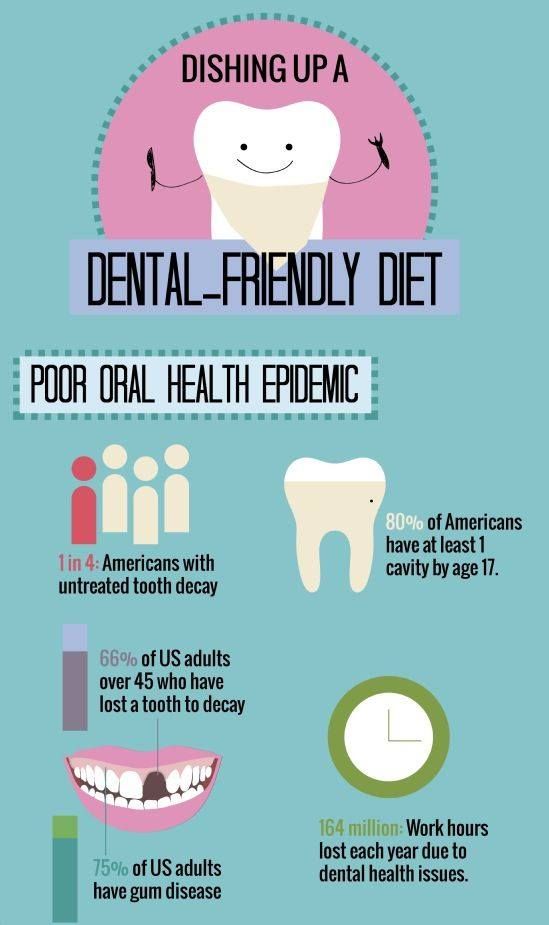
Is There a Scientific Explanation for Dreams About Losing Your Teeth?
Unfortunately, not many scientists have directly studied dreams about losing your teeth. In response to the lack of empirical evidence about teeth dreams, two researchers have delved deeply into the topic. Rozen and Soffer-Dubek from Ben-Gurion University of the Negev, Israel, conducted a research study to better understand the potential relationship between teeth dreams, psychological distress, dental irritation, and sleep quality.
First, they recognized the two overarching themes of interpretation emerging from history and formed their hypotheses — are teeth dreams a symbolic manifestation of psychological distress, or are they a product of our brains incorporating dental stimulation into our sleep? To investigate, they enrolled undergraduate students to answer measures about dream themes, psychological distress, dental irritation, and sleep quality. The two key items they used to measure dental irritation were teeth tension, defined as a feeling of tenderness after waking, and teeth grinding during sleep.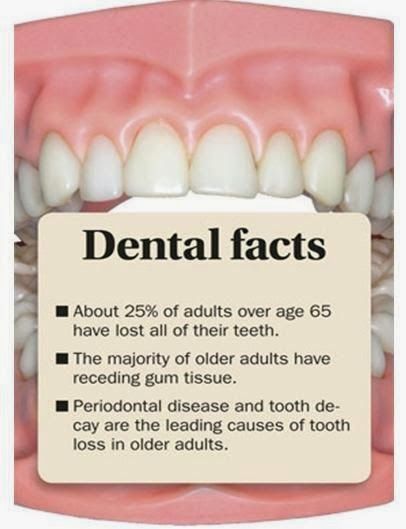
The study found that teeth dreams correlated to teeth tension, but they did not correlate to teeth grinding. To interpret this finding, the researchers suggest that many people may not be aware that they grind their teeth during sleep, but they would still be aware of the tender feeling when they awoke. Interestingly, teeth dreams were not related to any problems with sleep or mental health. The study also did not find any correlation between teeth tension and other types of dreams.
This early research suggests two things: teeth dreams are related to dental irritation during sleep, and teeth dreams are uniquely related to dental irritation in a way that other types of dreams are not. While this particular study found no connection between teeth dreams and psychological distress, a previous study found that college students who had teeth dreams felt greater depression, anxiety, helplessness, and loss of control.
More broadly, this research supports the theory that some somatosensory stimulation influences the content of dreams. In other words, physical stimulation to our body and senses during sleep can affect what we dream about.
In other words, physical stimulation to our body and senses during sleep can affect what we dream about.
What Should I Do if I Dream About My Teeth Falling Out?
If you’ve recently had a dream about your teeth falling out, breaking, or rotting, there is likely nothing serious to worry about. To date, there has been no evidence to support the idea that teeth dreams arise from subconscious problems or predict negative life events.
Preliminary evidence suggests teeth dreams may relate to dental irritation during sleep and may be more common in people with depression or anxiety. If you are having frequent teeth dreams and feeling anxious about them, consider talking to a doctor or mental health professional about your worries. If you notice you are grinding your teeth at night, waking up with dental pain, or experiencing other oral problems, talk to your dentist to help you understand and manage your symptoms.
- Was this article helpful?
- YesNo
Dreams About Teeth Falling Out:12 Interpretations, Facts, and More
Experts have debated for years over why we dream as well as why we have the types of dreams we do.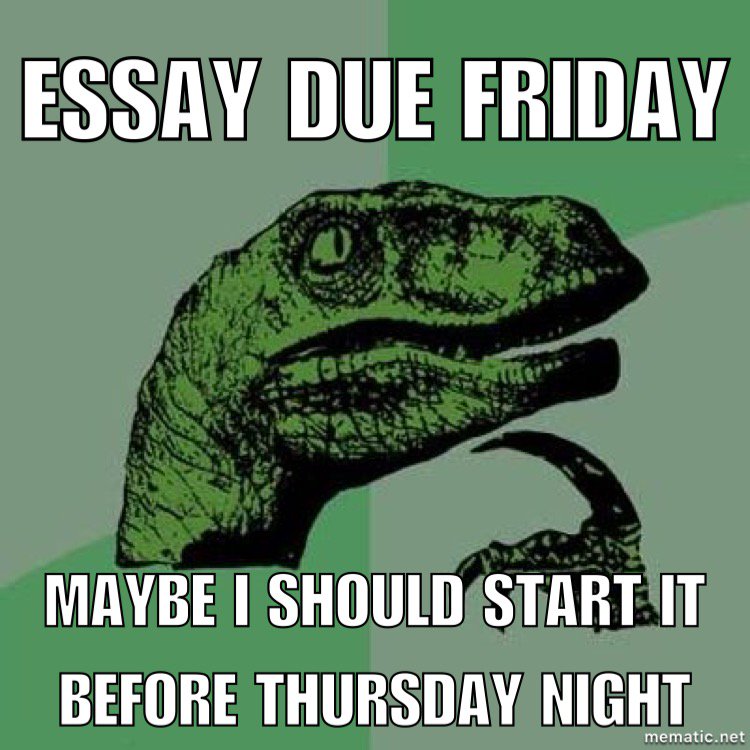 Some believe that dreams are key to understanding our subconscious, while others wave them off as stemming from natural biological processes, only. However, having a very specific type of dream can have meaning behind it, especially if it’s a recurring one.
Some believe that dreams are key to understanding our subconscious, while others wave them off as stemming from natural biological processes, only. However, having a very specific type of dream can have meaning behind it, especially if it’s a recurring one.
One such dream involves your teeth falling out, which is thought to be caused primarily by psychological stress. Your health, culture, and overall mental health could all possibly play a role into exactly why you dream about your teeth.
While dream meaning is highly subjective, we’ll explore 12 different interpretations and scenarios for teeth falling out.
One of the most common interpretations for having your teeth fall out in a dream has to do with deep personal loss. This can be related to the:
- death of a loved one
- loss of a marriage/partnership
- loss of a job
- losing a home
There’s also a belief in some religions that dreaming about tooth loss can mean there’s about to be a death in your family.
Aside from personal loss, religion may possibly play another role in the occurrence of dreams about your teeth falling out. This could especially be true if you’re going through paranoia about your beliefs or are perhaps worried about things that can happen in the future.
Stress certainly isn’t exclusive to religion, and it can also be tied to other aspects of your life.
Stress, whether related to work or home, is a normal part of life. However, uncontrolled stress can evolve into physical reactions. Dreams about your teeth falling out are certainly a possibility if you’re under more stress than normal.
While stress and anxiety are sometimes mentioned together, anxiety is a more long-term condition where you experience excessive worrying and insecurity that can interfere with your daily life. Anxiety can cause teeth grinding at night, which is one cause of dreams about your teeth.
Another possibility is that anxiety can make you worry about something going wrong at an extreme level, hence your teeth falling out.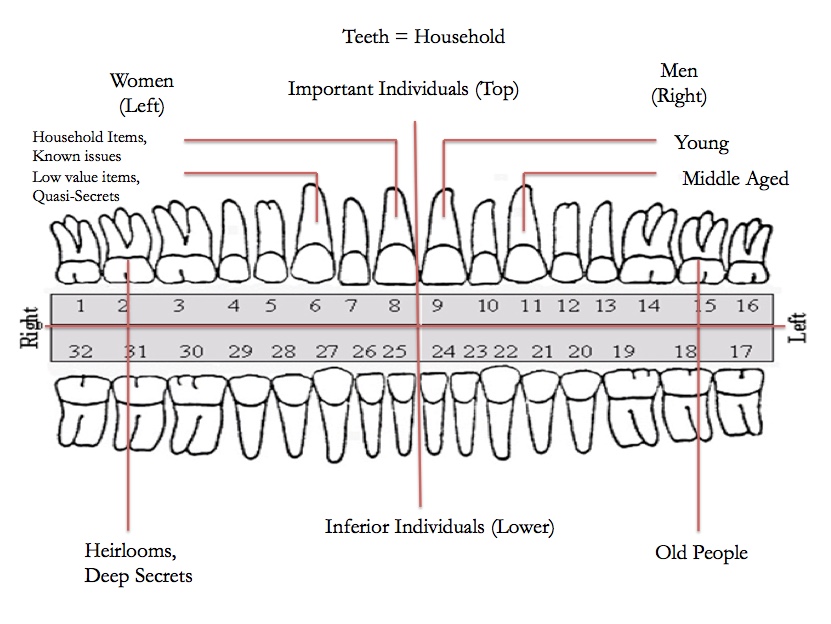
Both stress and anxiety can correlate to upcoming major changes in your life. Whether you have a new job or promotion coming up, or you’re making a move to a new city or getting married and having kids, all of these scenarios can affect your subconscious.
You might worry about things that can possibly go wrong with new changes in your life, which may lead to dreams about tooth loss.
Depression consists of experiencing long-term feelings of extreme guilt, hopelessness, and sometimes loneliness. When you have low self-worth, you might start envisioning things wrong with your physical well-being, too.
You might consider bringing up your dreams to your doctor at your next appointment if you think you might be depressed.
If you find yourself jealous of your partner, a friend, or a co-worker, the pent-up negative energy can affect your subconscious as you sleep. Such feelings may lead to delusional dreaming, such as those involving your teeth.
Dreams about teeth falling out may not necessarily be attributed to your teeth. It’s also possible to dream about others who are missing teeth.
It’s also possible to dream about others who are missing teeth.
Possible scenarios include children losing baby teeth, or perhaps accidents in adults who get their teeth broken. You may even dream about an older adult losing their teeth. This may illuminate negative feelings you have about this other person.
While grinding your teeth can possibly lead to subconscious thoughts about your teeth falling out, the reverse scenario is also possible. Having a dream about your teeth falling out might lead to teeth grinding in your sleep.
This is perhaps one of the scenarios that seems most clear-cut. If you recently experienced a tooth falling out or breaking, you could dream about the event, too. It’s also possible to dream about more teeth falling out, especially if the initial event was traumatic.
For younger children and adolescents who are still growing out of their baby teeth, it’s possible to have dreams about the growth of new adult (permanent) teeth.
Be sure to talk to your child and to reassure them that their teeth are indeed secure, and that it takes time for their new adult teeth to come in.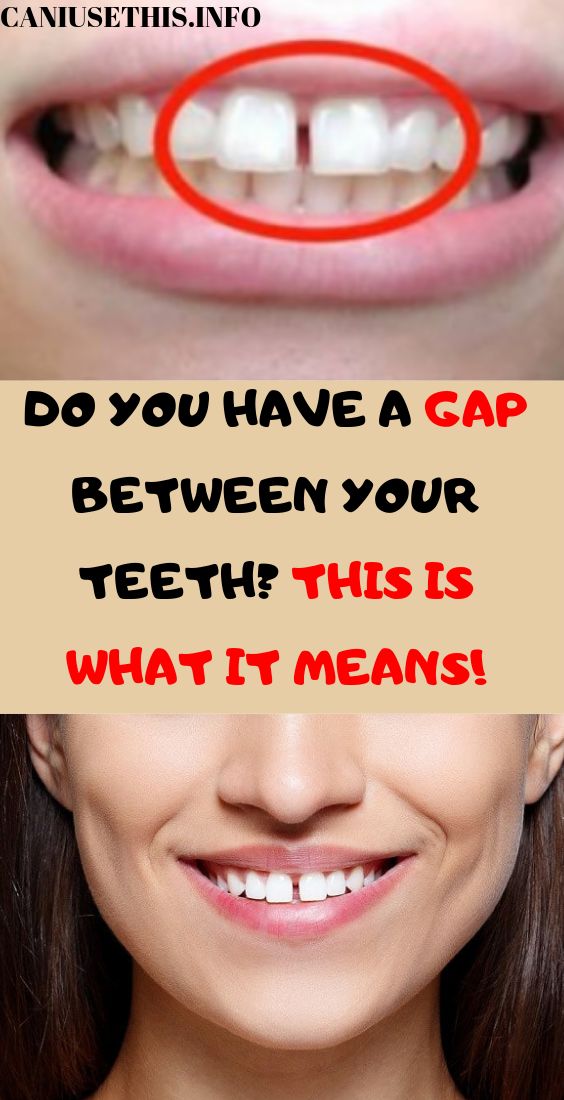
If your self-care routine has gone by the wayside, you may not eat right or exercise as you should. More than likely, a lack of attention to your personal health has also led to poor quality of sleep.
It’s possible to have unusual or recurring dreams, such as those that involve your teeth falling out, which signify you are not taking care of yourself.
While dreams about your teeth falling out seem unusual and disturbing, such dreams are surprisingly common. Recurring dreams, especially nightmares, tend to be most common in people with post-traumatic stress disorder (PTSD), anxiety, and depression. However, dreams about teeth falling out can go beyond your mental health, too. Such dreams may relate to:
- your health and well-being
- personal challenges
- periods of growth
- perhaps nothing out of the ordinary at all
Still, the fact remains that dreams about your teeth falling out are one of the most common types of dreams. Such visions are also cross-cultural. While religion can sometimes play a role in your subconscious and subsequent dreams, being nonreligious can lead to dreams about your teeth, too.
While religion can sometimes play a role in your subconscious and subsequent dreams, being nonreligious can lead to dreams about your teeth, too.
There are even historical components to dreaming about tooth loss, with discussions about these dreams going as far back as the Ancient Greeks.
Dreaming about your teeth falling out can be a scary experience, especially if you’ve had this dream more than once. You can take comfort knowing that this is a very common dream, and there’s usually nothing to worry about.
However, if you are working through a mental health condition that could be connected, it’s important to discuss these with your doctor. You can also address other potential causes of dreams about tooth loss that are also harmful to your health, such as poor lifestyle choices and chronic stress.
Although dreams about your teeth falling out aren’t particularly dangerous, you might feel better working through your dreams and recurrent nightmares with a professional. Check out local psychologists in your area, or find a therapist near you.
Check out local psychologists in your area, or find a therapist near you.
interpretation of dreams about tooth loss
Tooth loss in Miller's dream book
Any dream in which you remain without a tooth is a harbinger of trouble, even if it is removed by a dentist - in this case, get ready for serious and long-term health problems. Spitting out teeth in a dream also speaks of illnesses (yours or loved ones). You just lost a tooth - it means that your pride will not stand under the yoke of circumstances, and your labors will be in vain. It matters how many teeth fell out: one - to sad news, two - to a series of failures due to their neglect of business, three - to very big troubles, all - to grief.
Loss of teeth in Vanga's dream book
The soothsayer associated the loss of teeth in a dream with the sudden death of a person from your environment (if with blood, then the closest relative). Worse, if a tooth is pulled out, your friend will be overtaken by a violent death, and the criminal will go unpunished. In this case, Vanga advises not to reproach yourself, you need to accept that this is fate. Left completely without teeth? Tune in to an interesting life, but a lonely old age, as you will outlive your loved ones and friends.
In this case, Vanga advises not to reproach yourself, you need to accept that this is fate. Left completely without teeth? Tune in to an interesting life, but a lonely old age, as you will outlive your loved ones and friends.
Loss of teeth in the Islamic dream book
Interpreters of the Koran can find directly opposite explanations for the meaning of dreams about teeth falling out. Some believe that this is an indicator of life expectancy. The more teeth you lose, the longer you will live (life will be rich if the teeth fall into your hands). Others warn that such a dream may be followed by the death of a loved one from illness. Who exactly? The upper teeth symbolize men, the lower teeth symbolize women. The canine is the head of the family, the right incisor is the father, the left is the father's brother. If one of them is no longer alive, then it may be their closest relatives or friends. But if all your teeth fall out, then this is a good sign, the longest life in the family awaits you.
For debtors, a dream about teeth falling out means a quick repayment of the loan.
Loss of teeth in Freud's dream book
The psychoanalyst correlated dreams about teeth with a craving for masturbation and fears that others would become aware of this. The loss of a tooth (whether it was pulled out or it fell out on its own) reflects the fear of punishment in the form of castration for masturbation. If you deliberately shook the tooth so that it fell out faster, then you like self-satisfaction more than sexual contacts with the opposite sex.
Loss of teeth in the dream book of Nostradamus
Do you have some serious goal, but did you dream of a lost tooth? Get together, otherwise, due to your own inaction and confusion, you risk disrupting all plans. If an empty hole remains after a tooth falls out, then you will grow old earlier than expected, as you will quickly lose vitality.
Loss of teeth in Loff's dream book
Agree that being left without teeth is an awkward situation. Therefore, the psychoanalyst associated such dreams with the fear of losing face in public and situations in which you will have to feel embarrassed.
Therefore, the psychoanalyst associated such dreams with the fear of losing face in public and situations in which you will have to feel embarrassed.
But dreams about teeth falling out can also have a purely physical component - teeth grinding in a dream or their high sensitivity.
Loss of teeth in Tsvetkov's dream book
The scientist advises to pay attention to the method of losing a tooth: pulled out - an annoying person will disappear from your life, knocked out - expect a series of failures. If any of the processes is accompanied by bleeding, then one of your relatives will die.
Loss of teeth in the Esoteric dream book
Painless loss of a tooth indicates that connections that did not play a special role in your life will disappear by themselves. If at this moment blood flowed, then the separation will turn out to be painful.
Painful loss of teeth portends that people who did not play a significant role in it will soon disappear from your life. Photo: globallookpress.com
Photo: globallookpress.com Psychologist's comment
Maria Koledina, psychologist:
Loss of teeth in dreams has an archaic character and is often accompanied by a feeling of fear or horror. Because in ancient times, being left without teeth meant hunger, and this is tantamount to death.
In men, the loss of teeth in a dream may be related to the actualization of the fear of death, first of all, as a man, associated with the loss of his sexual activity and aggression. Losing teeth symbolically means losing competition to another male, lowering in status, getting a blow to self-esteem. For example, such a dream may occur after a situation where a man could not defend himself.
A dream about the loss of teeth in women can also be related to the topic of sexuality, aggression and fear for its manifestations. Loss of teeth in such dreams may be the result of a strong sense of guilt and a form of punishment. Such a dream can also occur after a situation where a woman, instead of “showing her teeth”, was silent, that is, she suppressed her aggression.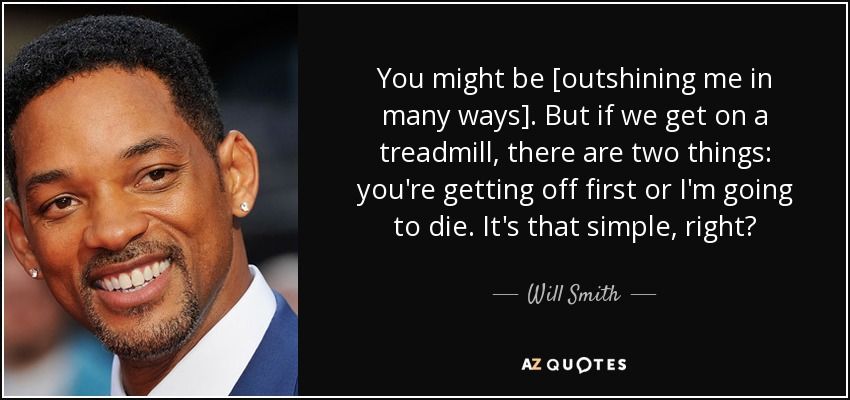
What does the dream mean: “I am losing my teeth”
30,048
Know yourself
Dream of Margaret, 30 years old
“I am in a brightly lit room. A woman in a white coat leans towards me, shines a lamp in my face, and says something quickly. She has a harsh, unpleasant voice. I can't make out the words, but I guess she's telling me to open my mouth.
I spit three or four teeth into the tray. They are too large, and with my tongue I feel for huge holes in the gums. But there is no pain, no blood. I often dream that my teeth are falling out, and the feeling of these dreams is always disturbing, as if I have to do something, but I don’t understand what.
Interpretation
“A dream about falling teeth evokes strong feelings. The interpretation of dream books is well known: this is for the illness or death of loved ones. Where does this interpretation come from? When we lose teeth, we lose part of our body. Loss of a tooth is concrete, palpable, real.
Loss of a tooth is concrete, palpable, real.
For our distant ancestors, the loss of teeth meant that they would starve and were unlikely to survive. Today, thanks to the achievements of civilization, we do not associate the loss of teeth with death. But the archaic metaphor continues to operate in us. As if the psyche uses the language of our ancestors.
Teeth in the mouth may resemble a large family gathered together. Then the loss of a tooth is the loss of one of the relatives, the loss in our ranks. But in your case, this is not the case.
Your dream is more about psychological losses
In your letter you write about your father who left the family when you were 10 years old. This is one loss, the other is your divorce. Although the ex-husband continues to communicate with his son, you are worried that the boy grows up in an incomplete family and does not see his father more often.
Three or four teeth that you lost in a dream symbolize significant losses.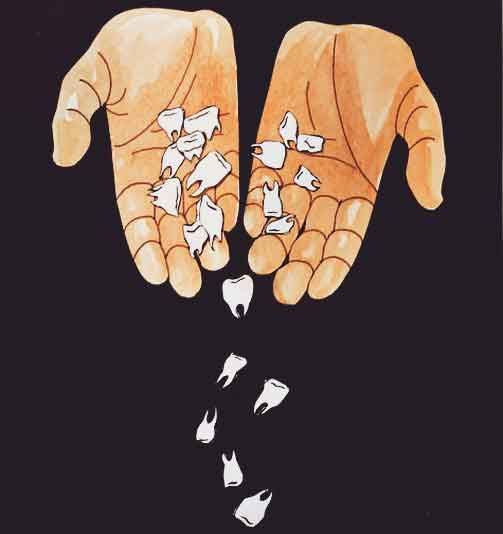 There is no blood in the mouth, but the teeth and holes are too big. Perhaps your spiritual wounds do not bleed, but continue to feel like empty spaces.
There is no blood in the mouth, but the teeth and holes are too big. Perhaps your spiritual wounds do not bleed, but continue to feel like empty spaces.
Psychologists pay a lot of attention to coping with losses and the work of grief. If such work is not done, the losses are not accepted and mourned, they continue to disturb, they can interfere with living and developing further.
Aggression is another topic related to teeth
Animals show their teeth when showing aggression. From your letter, it seemed to me that you were suppressing your aggression, not allowing yourself to be angry with those who abandoned you. You may have had your teeth "taken away" as a child, being told that it's not good to be angry.
Mom or another woman, as in your dream, suggested that you shouldn't be aggressive. Girls are shamed for aggression much more often than boys, which leads adult women to direct aggression at themselves.